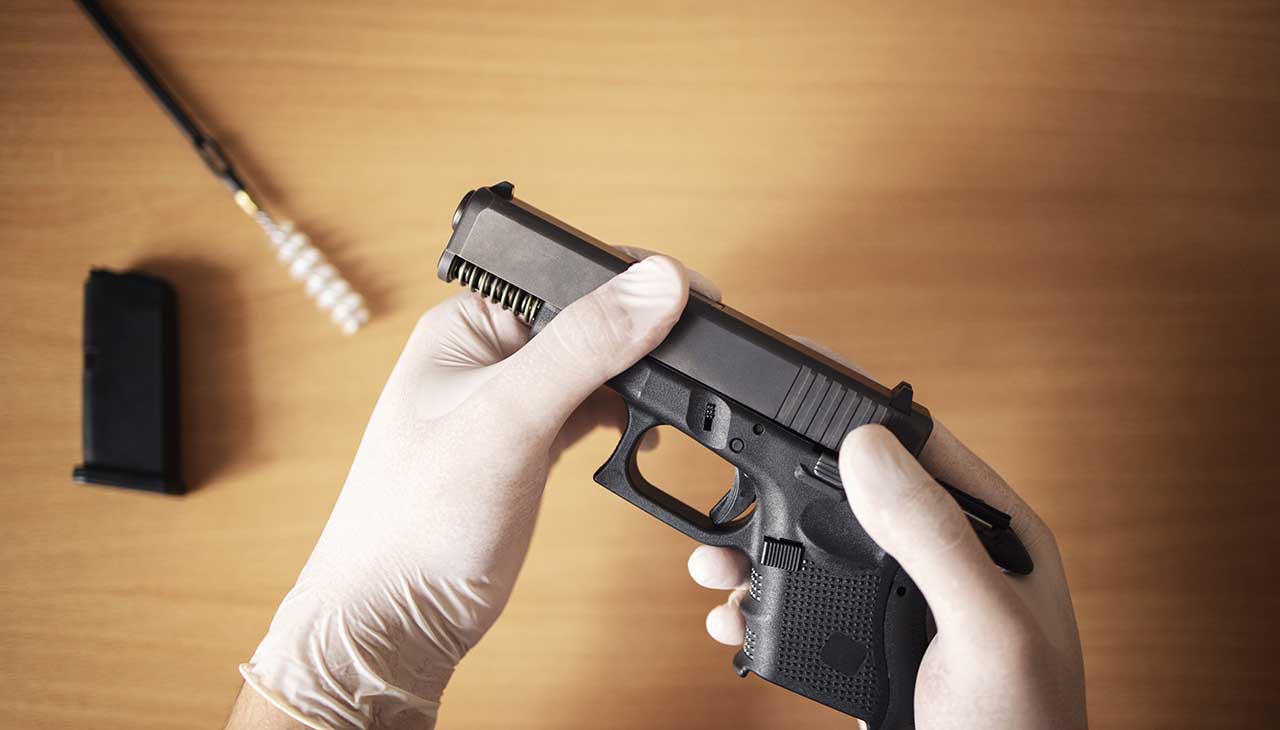Owning a gun comes with significant responsibility, especially when traveling. Whether you're a hunter, competitive shooter, or simply traveling with a firearm for self-defense, understanding the legal and practical aspects of gun travel is crucial. This comprehensive guide aims to provide detailed information on how to travel responsibly and legally with a firearm, including federal and state laws, transportation methods, international travel, and safety tips.
1. Understanding Federal and State Laws
1.1 Federal Firearms Regulations
The Bureau of Alcohol, Tobacco, Firearms and Explosives (ATF) oversees federal firearms regulations in the United States. Key federal laws affecting gun travel include:
- Firearm Owners Protection Act (FOPA): This law provides safe passage protection for lawful gun owners traveling through states with restrictive gun laws, provided the firearm is unloaded, locked in a container, and inaccessible from the passenger compartment.
For more detailed information, visit the ATF's official website.
1.2 State Laws and Reciprocity
Gun laws vary significantly from state to state. When traveling, it's essential to understand the specific laws of each state you plan to visit or pass through. Many states have reciprocity agreements recognizing each other's concealed carry permits, but these agreements can change frequently.
For up-to-date reciprocity information, check the USCCA Reciprocity Map.
2. Methods of Transporting Firearms
2.1 Air Travel
The Transportation Security Administration (TSA) has specific guidelines for traveling with firearms and ammunition by air:
- Declaration: Declare your firearm to the airline at check-in.
- Unloaded: Ensure the firearm is unloaded.
- Hard-sided Case: Transport the firearm in a locked, hard-sided container.
- Locked: The case must remain locked, and only the passenger should retain the key or combination.
For more information, visit the TSA's official guidelines.
2.2 Ground Travel
When traveling by car, follow these guidelines:
- Unloaded: Keep the firearm unloaded.
- Locked: Store the firearm in a locked container.
- Inaccessible: Ensure the firearm is not accessible from the passenger compartment.
For interstate travel, refer to the Firearm Owners Protection Act (FOPA).
2.3 Public Transportation
Most forms of public transportation, including buses and trains, prohibit firearms. Always check with the specific carrier's policies before traveling.
3. International Travel with Firearms
3.1 Export and Import Regulations
Traveling internationally with a firearm involves navigating complex export and import regulations. The U.S. State Department and the ATF manage the export of firearms, while the destination country controls the import process.
- U.S. State Department: Obtain an export license through the Department of State’s Directorate of Defense Trade Controls.
- Destination Country: Research and comply with the firearm laws of the destination country.
3.2 Hunting and Sporting Events
If traveling internationally for hunting or sporting events, work with a licensed outfitter or hunting guide familiar with the regulations. They can assist with permits and ensure compliance with local laws.
For international travel tips, refer to the International Hunter Education Association.
4. Responsible Gun Ownership and Travel Safety
4.1 Safe Storage Practices
Proper storage of firearms while traveling is critical for safety and legal compliance. Follow these tips:
- Trigger Locks: Use trigger locks or cable locks.
- Secure Containers: Store firearms in secure, locked containers.
- Separate Ammunition: Keep ammunition separate from firearms.
4.2 Traveling with Children
If traveling with children, take extra precautions to ensure firearms are securely stored and inaccessible. Educate children about firearm safety and the importance of never handling firearms without adult supervision.
4.3 Situational Awareness
Maintaining situational awareness is crucial when traveling with a firearm. Be mindful of your surroundings and ensure that your firearm is always secure.
5. Conclusion
Traveling with a firearm requires careful planning and adherence to a complex web of federal, state, and international laws. By understanding these regulations and following best practices for safe storage and transport, gun owners can travel responsibly and legally. Always stay informed about current laws and regulations, and seek guidance from reliable sources when in doubt.
For additional resources and information on responsible gun ownership, visit NRA and Gun Owners of America.

